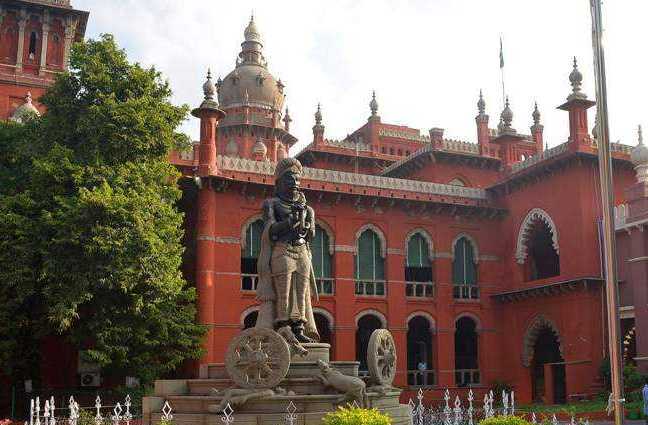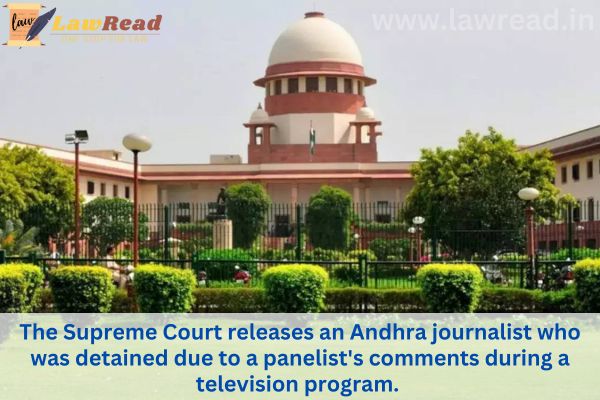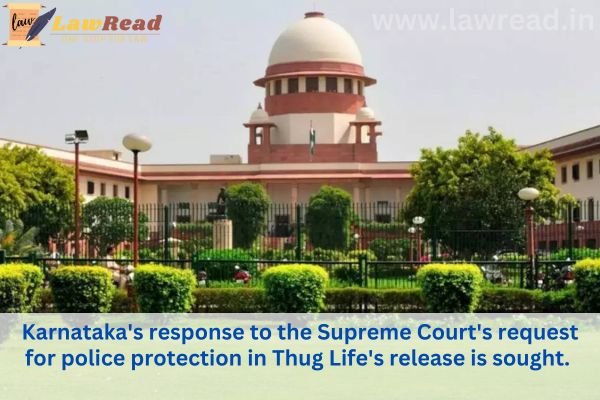News
A two-day program on gender sensitization for family court judges is organized by the Allahabad High Court.
.jpg)
The goal of the training was to increase sensitivity to identifying gender bias and to raise awareness of gender stereotypes.
The Allahabad High Court Committee for Sensitization of Family Court Matters recently held a two-day course on gender sensitization on April 26 and 27.
The workshop, held at the Judicial Training and Research Institute in Lucknow, Uttar Pradesh, involved judicial officers from family courts in Agra, Aligarh, Auraiya, Budaun, Etah, Etawah, Farrukhabad, Firozabad, Hathras, Kannauj, Kasganj, Mainpuri, and Mathura.
The goal of the session was to raise awareness of gender stereotypes and develop sensitivity to identifying gender prejudice in both personal and professional contexts.
On April 26, Justice Om Prakash Shukla, a member of the Committee for Sensitization of Family Court Matters, and Justice Sangeeta Chandra, a judge from the Allahabad High Court, officially opened the session.
Keynote speaker Justice Om Prakash Shukla gave the speech. He discussed how stigmatization, cultural norms, and gender stereotypes might influence how people view the legal system.
In order to maintain equality and justice in their rulings, he asked judges to be on the lookout for these influences. He also emphasized how important it is for the judiciary to understand and implement the law while remaining aware of changes in society.
Prof. Sumita Parmar, Dr. Archana Singh, and a group from the gender justice NGO Saajhi Duniya led the technical sessions throughout the workshop.
The goal of the session was to question and alter popular gender stereotypes.
The two-day workshop's format was presented by Prof. Sumita Parmar, who also praised the Committee for the Sensitization of Family Court Judges' ongoing efforts to advance a better comprehension of gender equality in judicial decision-making.
The former vice chancellor of Lucknow University, Professor Roop Rekha Verma, was one of the dignitaries who spoke during the function. She highlighted many examples of gender inequity in society by drawing on her vast knowledge and fieldwork.
She clarified that gender justice is not a dispute between the sexes and underlined the significance of understanding gender beyond crude binary classifications.
Biological distinctions between men and women do not justify different rights or obligations, according to Professor Verma.
To learn more about the modern workplace and how gender affects it, an icebreaker activity was also held. The session, which was led by Professor Sumita Parmar and Dr. Archana Singh, outlined the workshop's goals and stressed that they went beyond simply understanding the law to include promoting introspection.
Discussions on the second day centered on how gender functions in language and how it affects the legal system. The decoding of cultural constructs was covered in the last session. Professor Sumita Parmar's closing remarks came next.
Justice Sangeeta Chandra gave a thorough speech during the closing session, highlighting the Supreme Court's ruling in Aparna Bhat v. State of Madhya Pradesh.
In order to achieve fair and equal justice, she emphasized the risks of unconscious gender stereotypes in judicial decision-making and advised judges to develop sensitivity, impartiality, and understanding of their own biases.
In order to guarantee fair and equitable adjudication, Justice Chandra also emphasized the influence of unconscious prejudices on court decisions and urged deliberate measures to eradicate them.












